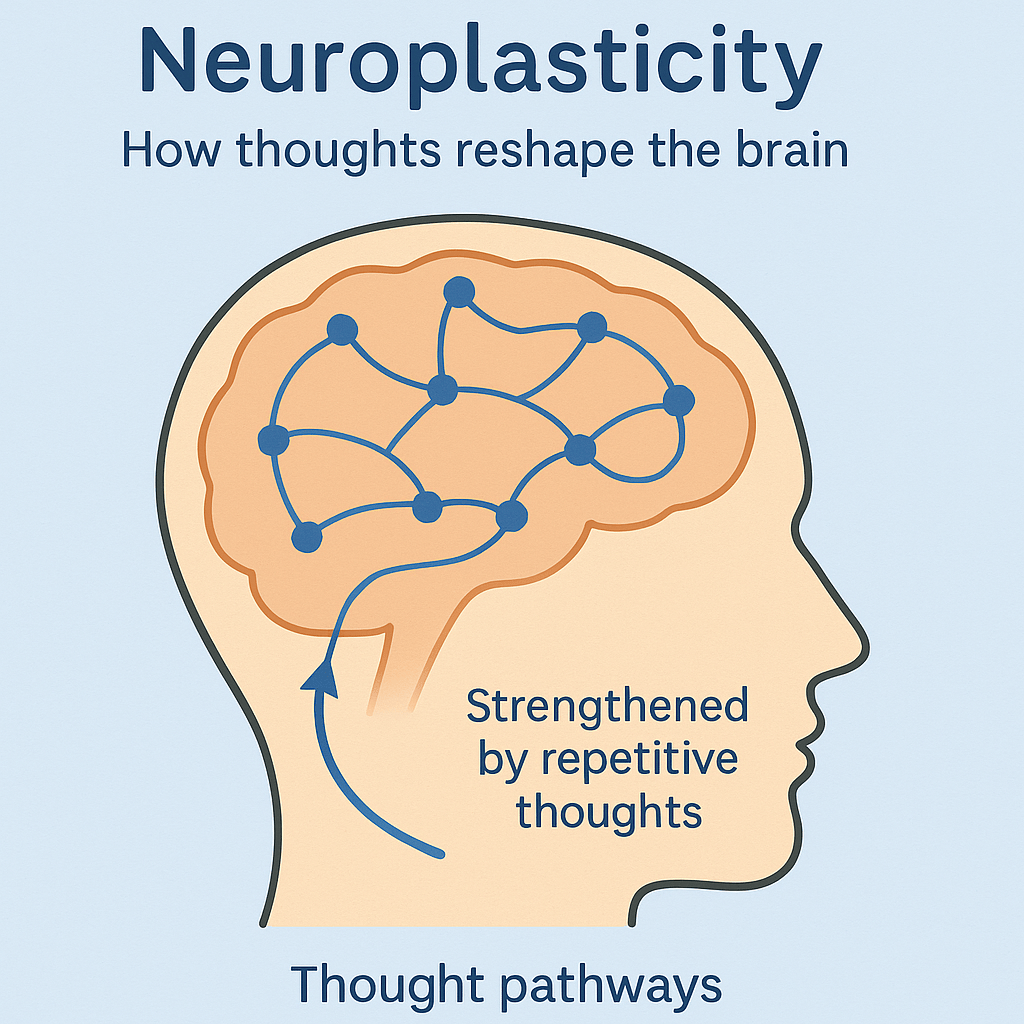Recovery isn’t just about detoxing your body—it’s about rewiring your mind. The thoughts we nurture daily directly influence how we feel, what we believe is possible, and how we respond to life’s challenges. At Vanity Wellness Center, we believe that empowering the mind is one of the most transformative tools in the journey toward lasting sobriety.
Why Mindset Matters in Recovery
Recovery is full of challenges. Moments of self-doubt, guilt, or hopelessness can arise—especially early in the process. But when we begin to reshape our internal narrative, those same moments can become opportunities for growth. A positive mindset doesn’t mean ignoring reality; it means choosing resilience over defeat.
By acknowledging the power of thoughts in recovery, individuals gain greater control over their emotions, behaviors, and long-term outcomes.
The Science Behind Thought Patterns
Neuroscience has shown that repeated thought patterns can rewire the brain through a process known as neuroplasticity. Negative self-talk and rumination strengthen harmful pathways, while positive affirmations and goal-oriented thinking create new, healthier connections. It’s not magic—it’s the brain learning to function differently with intention and effort.

Tools to Harness the Power of Thought
At Vanity Wellness Center, we incorporate several techniques into treatment that help clients shift their mindset and promote mental resilience:

Cognitive Behavioral Therapy (CBT):
Helps identify and replace negative thinking with healthier, constructive thoughts.
Mindfulness Practices:
Encourages awareness of your thoughts without judgment, so you can choose how to respond.
Journaling:
Allows you to externalize and analyze your inner dialogue, spotting toxic patterns early.
Daily Affirmations:
Simple, empowering statements can reinforce positive beliefs and build self-worth.
These tools don’t erase struggle—but they empower you to confront it from a position of strength.
Reframing Failure as Progress
In recovery, setbacks may happen. But how you think about them makes all the difference. A relapse isn’t proof of failure—it’s a signal that something in your support system or routine needs attention. When your mindset views obstacles as learning moments, you’re more likely to stay on the path and thrive long term.
Your Thoughts, Your Future
The thoughts you nurture today shape your recovery tomorrow. You are not your past. You are the sum of your actions, your courage, and your ability to believe that healing is possible.
Let us help you rebuild those beliefs, one thought at a time.


